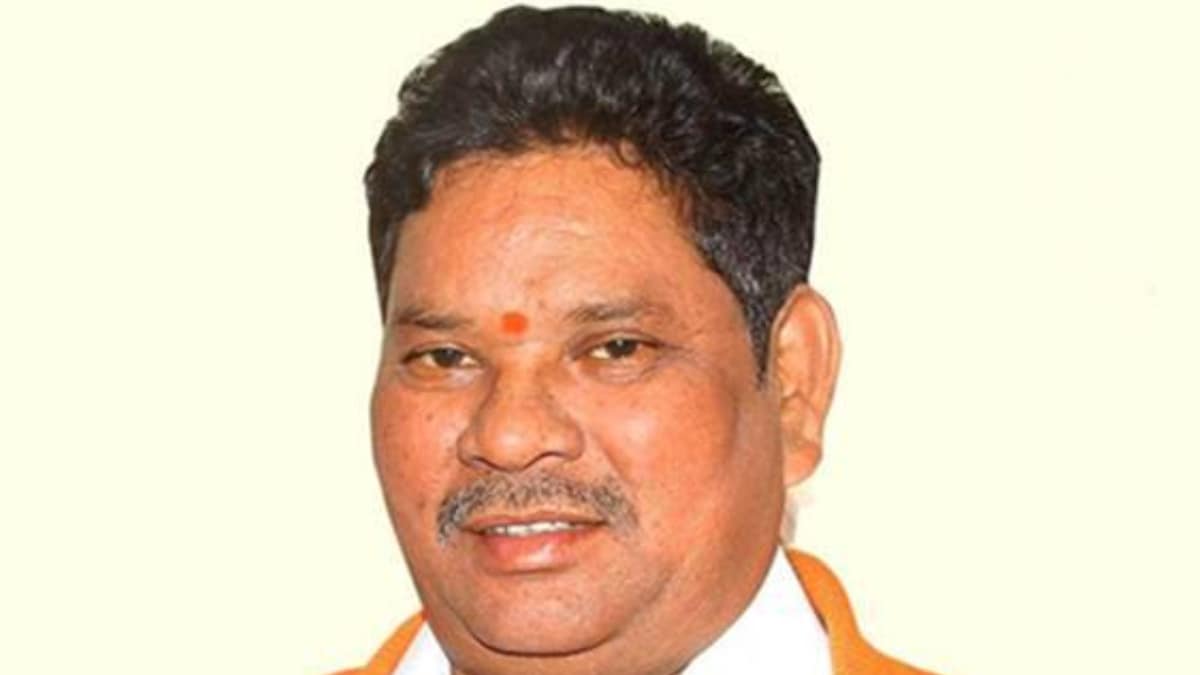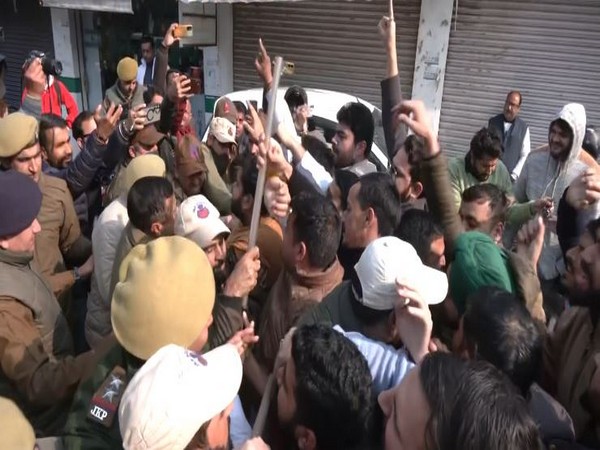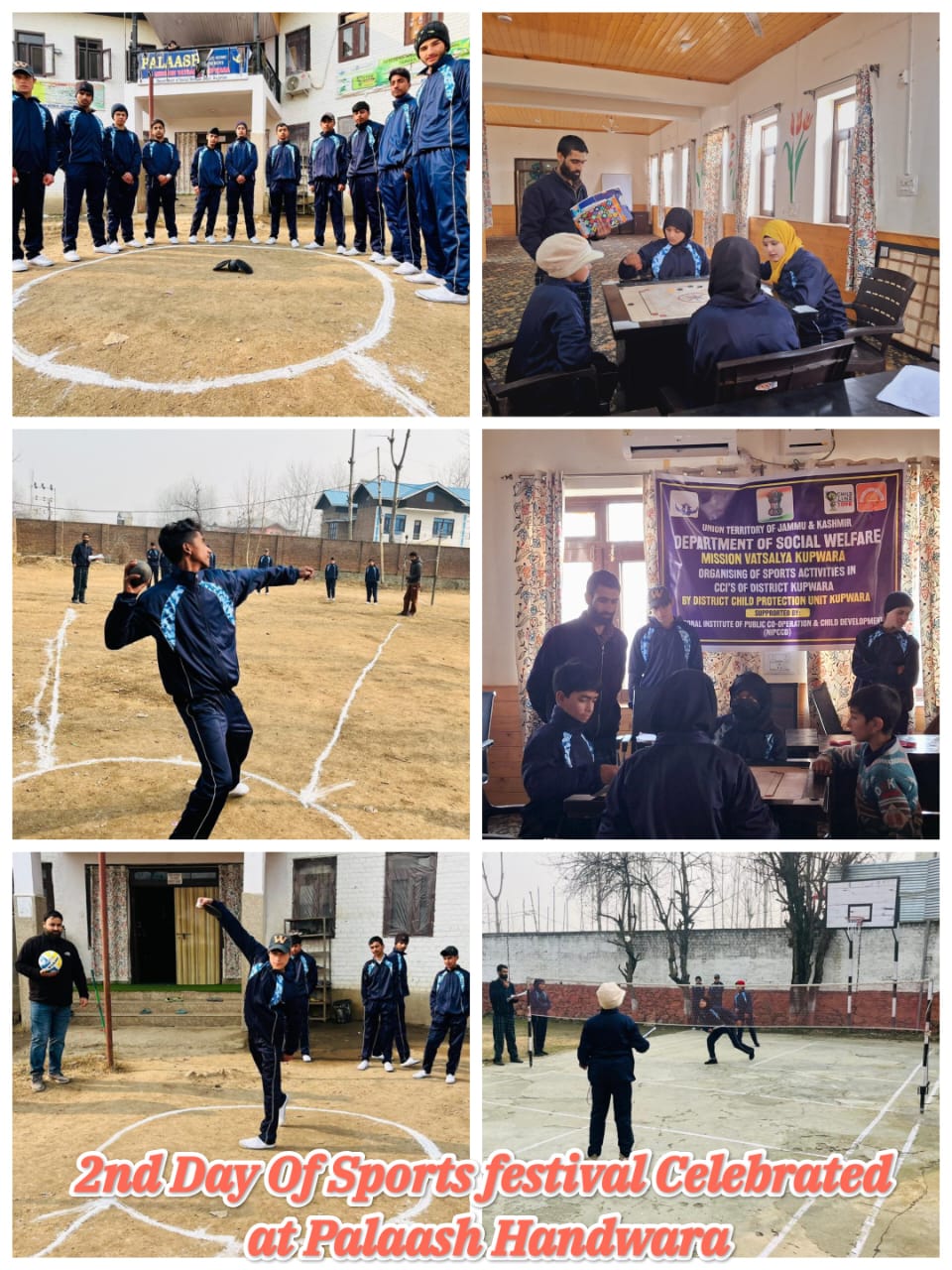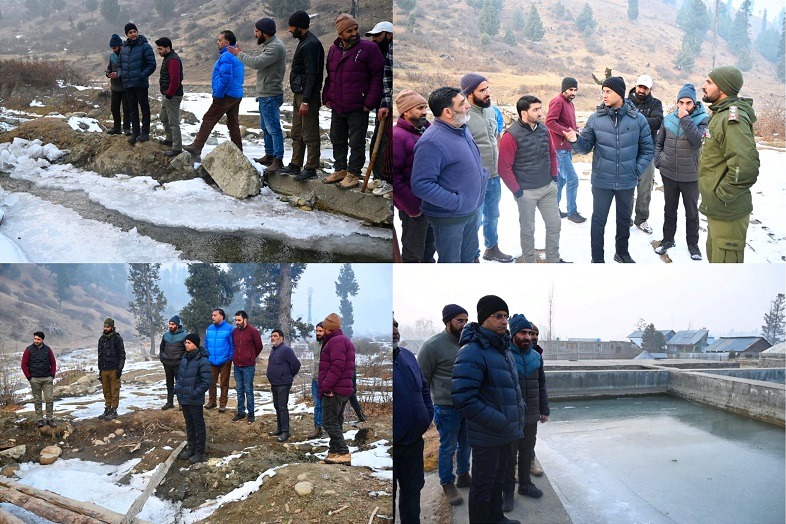
Bapu Rao further challenged anyone to provide concrete evidence of his misappropriation. (Facebook)
In a video that went viral on social media, Bapu Rao can be seen admitting to utilizing a portion of the allocated funds for his son’s wedding and the construction of his residence
Controversy Surrounds BJP MP as he admits Misusing MPLADS Funds for Personal Purposes, Accuses Party Members of Conspiracy Soyam Bapu Rao, the BJP MP representing the Adilabad constituency in Telangana, has found himself embroiled in a heated controversy after confessing to the misuse of MPLADS funds.
In a video that went viral on social media, Bapu Rao can be seen admitting to utilizing a portion of the allocated funds for his son’s wedding and the construction of his residence.
While addressing a meeting with senior BJP leaders at his residence in Adilabad, he candidly revealed, “I received Rs 2.5 crore as the second instalment of MPLADS funds recently. Although the amount should have been used for development projects, I diverted a portion for personal purposes.
Other MPs may not admit to this openly, but I dare to do so. However, I must clarify that I used only a fraction of the funds, unlike previous MPs who misused them entirely for personal gain.”
As the video gained traction online, the MP vehemently denied any wrongdoing, claiming that the circulating footage was doctored by the ruling BRS leaders in the state to tarnish his reputation, especially with elections looming.
Bapu Rao further challenged anyone to provide concrete evidence of his misappropriation, asserting that he would willingly resign from his position if proven guilty.
Addressing the media at his Adilabad residence on Monday night, Bapu Rao alleged that certain members of his party were orchestrating a conspiracy against him.
He accused former BJP MP Rathod Ramesh and BJP district president Payala Shankar of defaming him for several months and emphasized that his stern reaction to their actions prompted these efforts to sully his name.
The MP expressed his resolve to overlook their actions and refrain from reporting them to the party’s high command, trusting that the central leadership would handle the situation appropriately.



















